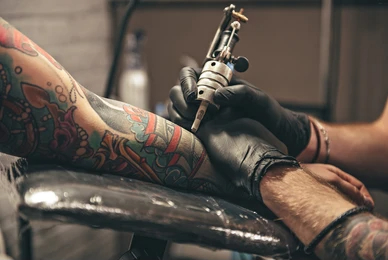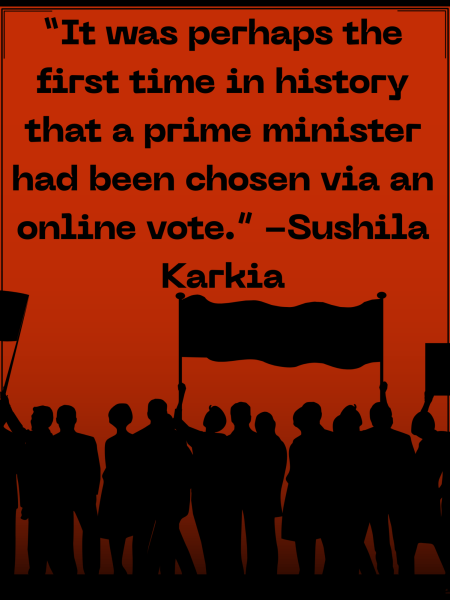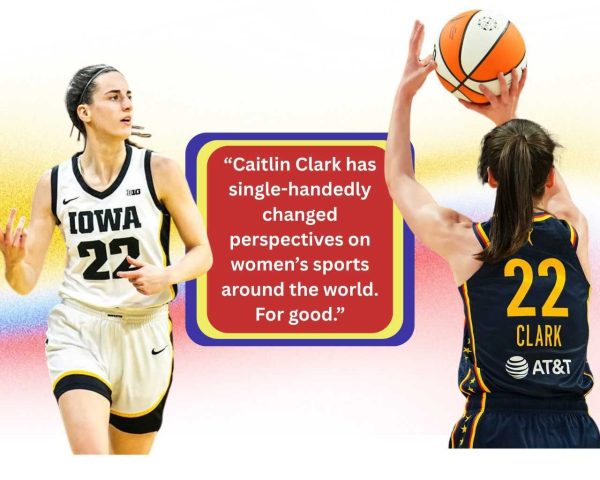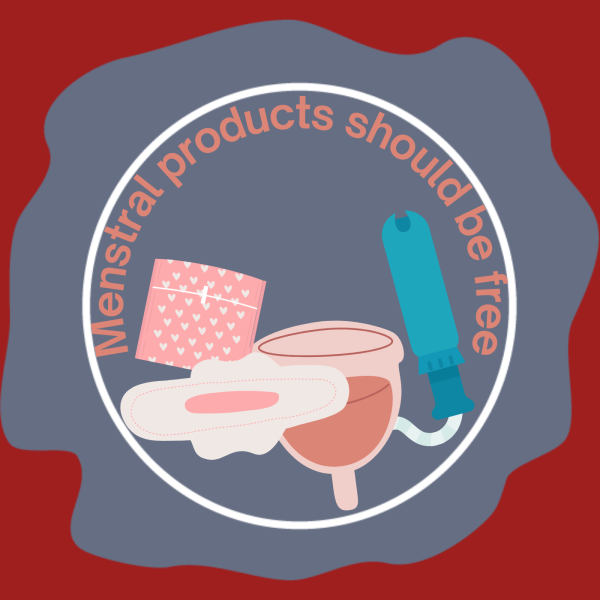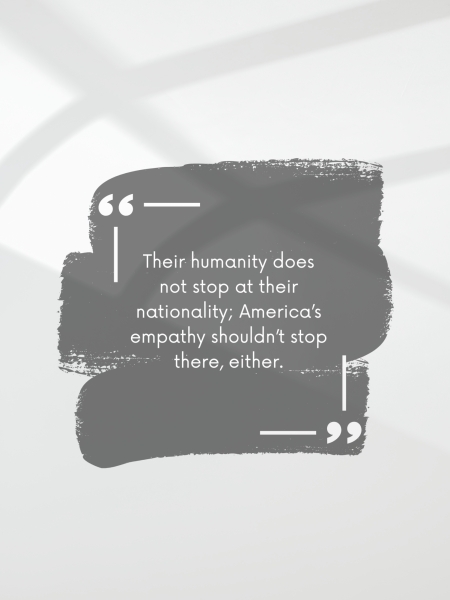Tattoos acceptable for work
Tattoos have been around for thousands of years, and they’ve always been a part of society. Ancient people often inked their skin for various purposes. However, there is a harmful stigma associated with tattoos, especially as of the last century.
Where does this stigma come from? Many people these days, especially in older generations, seem to believe that tattoos are signs of recklessness and immorality. In some cases, they can even affect whether a person will be hired for a job.
Job interview statistics from TeamStage show that 71% of companies will reject a candidate for dressing inappropriately, which includes showing tattoos.
Many workplaces allow non-visible tattoos but not visible ones, such as on the hands or face, because they are seen as unprofessional or distracting. However, many studies have shown no correlation between tattoos and the ability to be a good employee.
One common misconception is that those with tattoos are more likely to have a history of childhood abuse or neglect, but there is no evidence to support this. Most people who get inked just like how it looks, it seems.
Tattoos can also have special, personal meanings. Many people get them to commemorate loved ones they have lost or special events in their lives. Getting inked isn’t always just about looking cool, though it can be.
According to CNBC, companies like Disney, UPS, Virgin Atlantic and the U.S. Army have relaxed restrictions on visible tattoos as more and more people decide to get inked. It’s becoming less and less sustainable to turn down people with tattoos as they grow more common.
A study by Ipsos in 2019 found that at least 30% of Americans, regardless of age, have at least one tattoo. A more recent study by TeamStage estimates this number at 46% — almost half of the overall population.
With this making up such a large percentage of the population, it’s unrealistic for companies to continue to exclude those who choose to get inked. Loosening restrictions and changing the way employers think about ink could have a very positive impact on the workforce, and would encourage diversity and tolerance.